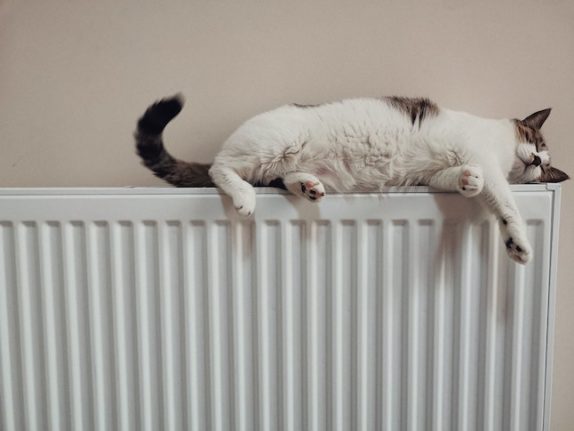Energy costs have risen in recent years in Spain, and now that the winter weather has finally arrived in Spain the added cost of paying for heating when the mercury drops can result in some very high bills.
Not all of Spain has freezing winters but there are often cold spells and many houses in the country tend to get even colder than it is outside.
READ MORE: Why are Spanish homes so cold?
The average winter temperature across Spain is 8C (1981 to 2010 average). That’s higher than the average in other European countries, but in Spain’s interior and mountainous areas it can be truly chilly from November to March.
That means that overall, there’s a chance you’ll need to use a radiator or the central heating to keep your Spanish home warm.
So are some of the 400,000+ UK nationals who reside in Spain eligible for winter fuel financial support from the UK?
What is the UK’s winter fuel payment?
The UK’s winter fuel payment is a tax-free payment to help older people with heating costs during the cold winter months.
Those eligible must have been born before September 26th 1956, according to the UK government website.
How much people receive depends on their age and whether anyone else in the household is also eligible, but the amount is usually between £250 and £600.
I’m a UK national living in Spain. Can I claim the winter fuel payment?
The UK government states that those living abroad can benefit from the winter fuel payment if:
- You moved to an eligible country before 1st January 2021
- You were born before September 26th 1956
- You have a genuine and sufficient link to the UK – this can include having lived or worked in the UK, and having family in the UK
While many EU nations are on the list of eligible countries, such as Austria, Germany, Sweden, and Italy, unfortunately Spain is not on the list.
This means that if you live in Spain, you will not be able to claim the winter fuel payment at all, even if you meet the age conditions.
Why isn’t Spain on the eligible list of countries?
The UK government services website nidirect states that “you cannot get the payment if you live in Cyprus, France, Gibraltar, Greece, Malta, Portugal or Spain because the average winter temperature is higher than the warmest region of the UK”.
This is despite the fact that some parts of Spain are a lot colder than the average UK winter temperatures. This includes cities, towns and villages near mountain ranges such as the Pyrenees or Sierra Nevada, or regions in the interior like Castilla-La Mancha, Aragón and Castilla y León.
According to the British government, during winter the average temperature is between 2 and 7 C in the UK.
READ ALSO: Where are the coldest places in Spain?
Foreigners in Spain used to be able to claim this financial benefit, but it was scrapped in 2015 after many UK taxpayers were angry that UK winter fuel payments were going to help people that lived in countries that were generally warmer than the UK.
READ ALSO: Which UK benefits can Brits keep if they move to Spain?



 Please whitelist us to continue reading.
Please whitelist us to continue reading.
Member comments